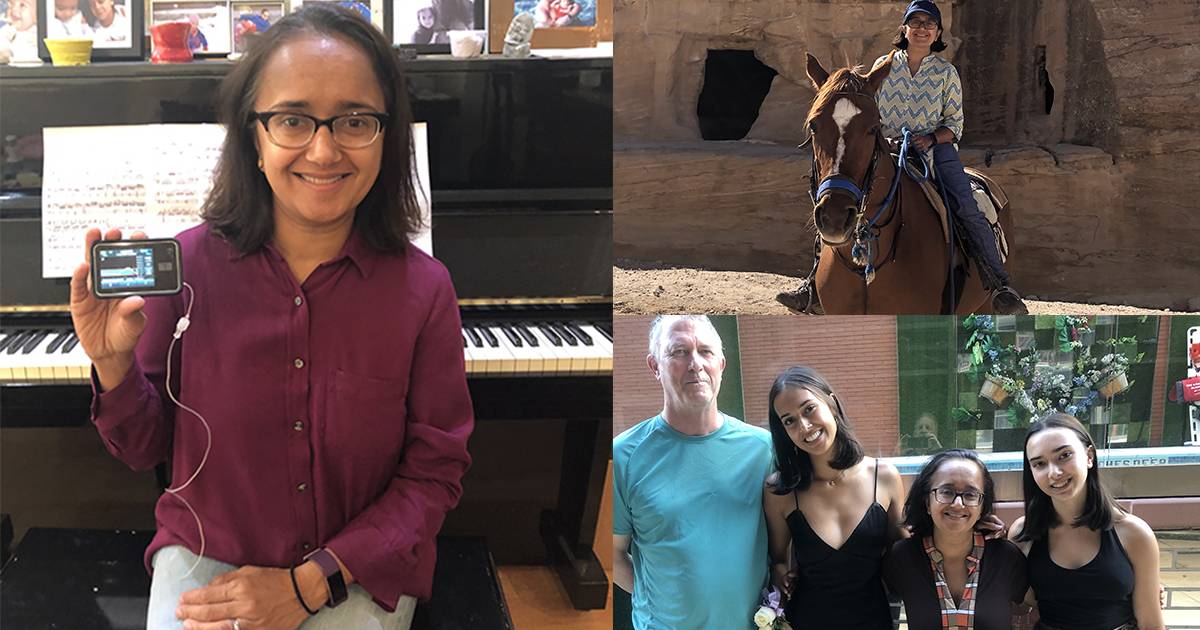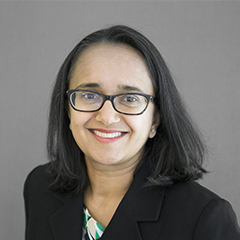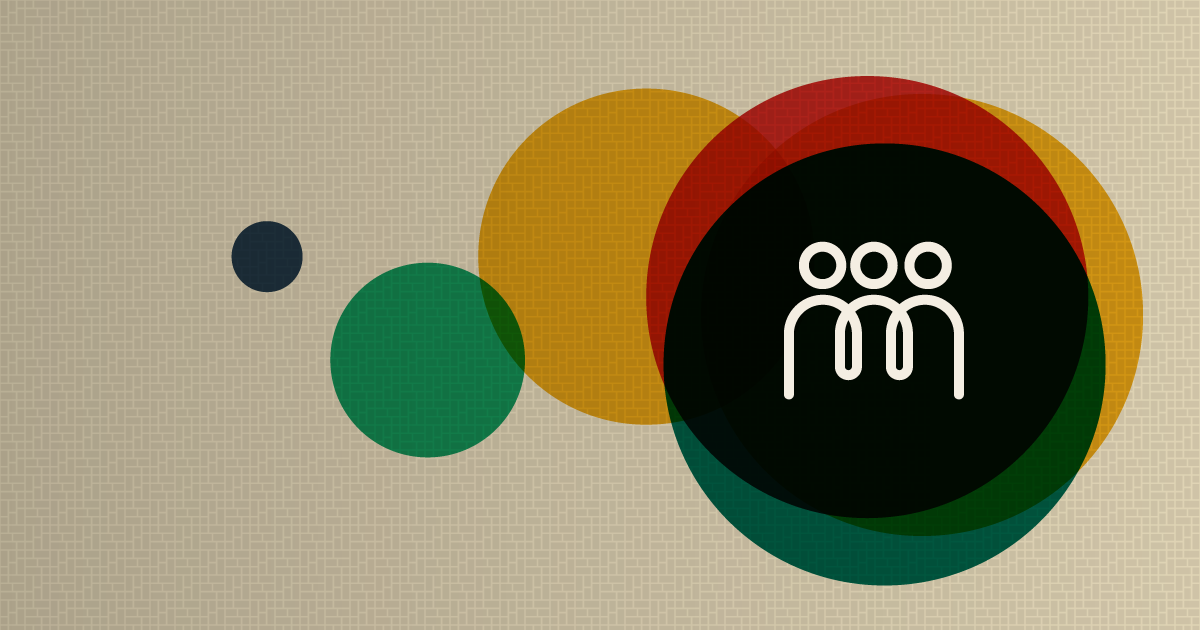Fifteen years ago, I was a tenured professor and mother to a toddler and a new baby, when I found out I had type 1 diabetes. While I was pregnant with my second child, I tested positive for gestational diabetes, so I was tested again at four months postpartum. It turned out that what they thought was gestational diabetes was most likely early-stage type 1. It was a big shock.
I was overwhelmed and felt ill prepared by the information and instructions I received from my doctor. I was trying to nurse a new baby, take care of a toddler, work, track my blood sugar, and afraid to eat anything that might raise my blood sugar to go out of the normal range or cause subsequent crashes in my blood sugar. It was also very isolating because I didn’t know anyone with diabetes and didn’t have easy access to support groups as we do today through outlets like social media.
After six months, my doctors thought I was doing great. My clinical measurements were excellent and they could check all the boxes, but the people close to me knew I wasn’t doing well. Looking back, I can see not just the physical toll this condition had on me but also the additional emotional and mental burden. In hindsight, I understand that it’s vital to find a way to care for all aspects of your well-being if you want to effectively manage this condition.
My experience changed my academic interest in health and public policy into a deeply personal one. I experienced firsthand how physical health can interact with mental health and how it can affect your ability to work and participate in community activities. I experienced challenges including lost time and the costs of navigating health insurance, prescriptions and medical supplies, and doctor visits, as well as having to establish daily routines of carb counting, meal planning, exercise, and adjusting insulin dosing in real time. I learned how to be healthy with diabetes but noted that many health researchers referred to people with chronic health conditions as “sick.” I worked to overcome the guilt and shame that can be associated with having a chronic condition or disability.
This experience also made me more interested in the policies that affect the management of health conditions and disability and in how better policies can support people to thrive with these conditions. So, as I looked forward at my life, I decided to step away from my tenured academic position and to become a researcher at Mathematica, where I could channel my energy into work that could directly impact policies and programs that can improve the lives of people with chronic health conditions and disabilities.
Historically, many people with certain health conditions and disabilities have been considered incapable of working or living long, healthy lives. This has influenced how the medical community, schools, and employers have treated them. But with the proper care, tools, and accommodations, many of us with chronic conditions or disabilities are healthy and productive people. This is particularly important when thinking about diabetes, which can lead to additional disabling conditions such as blindness, kidney failure, heart attacks, stroke, neuropathy, and lower limb amputation. But I’m not willing to accept that disability related to diabetes and other conditions are inevitable. While people with health conditions and disabilities have many different experiences, some disabling conditions can be prevented or mitigated with affordable, high-quality, accessible health care, medical technology, and healthy food. We know there are substantial social inequities in access to these resources and I believe that the federal government has made addressing these inequities a priority in recent years.
I’ve also learned the invaluable role lived experience has in research. I’m on the advisory board for a diabetes study taking place at Children’s Mercy Hospital in Kansas City. Most of the people involved are clinicians and endocrinologists, but I’m able to contribute both my research expertise and my experience as a person with type 1 diabetes. In my own work, I promote methods that include input from the communities we study. For example, we are interviewing out-of-school youth with disabilities from racial and ethnic minority backgrounds for the MY-CIL project to help centers for independent living improve services to this traditionally underserved population.
As a researcher, I believe I have a responsibility to help the government and organizations ensure that effective services, treatments, and technology are available to everyone, regardless of their socioeconomic background, language, or culture. I’m grateful to be working at Mathematica, where my personal experience complements my professional training and expertise as a researcher, enabling me to contribute to public health and well-being.



